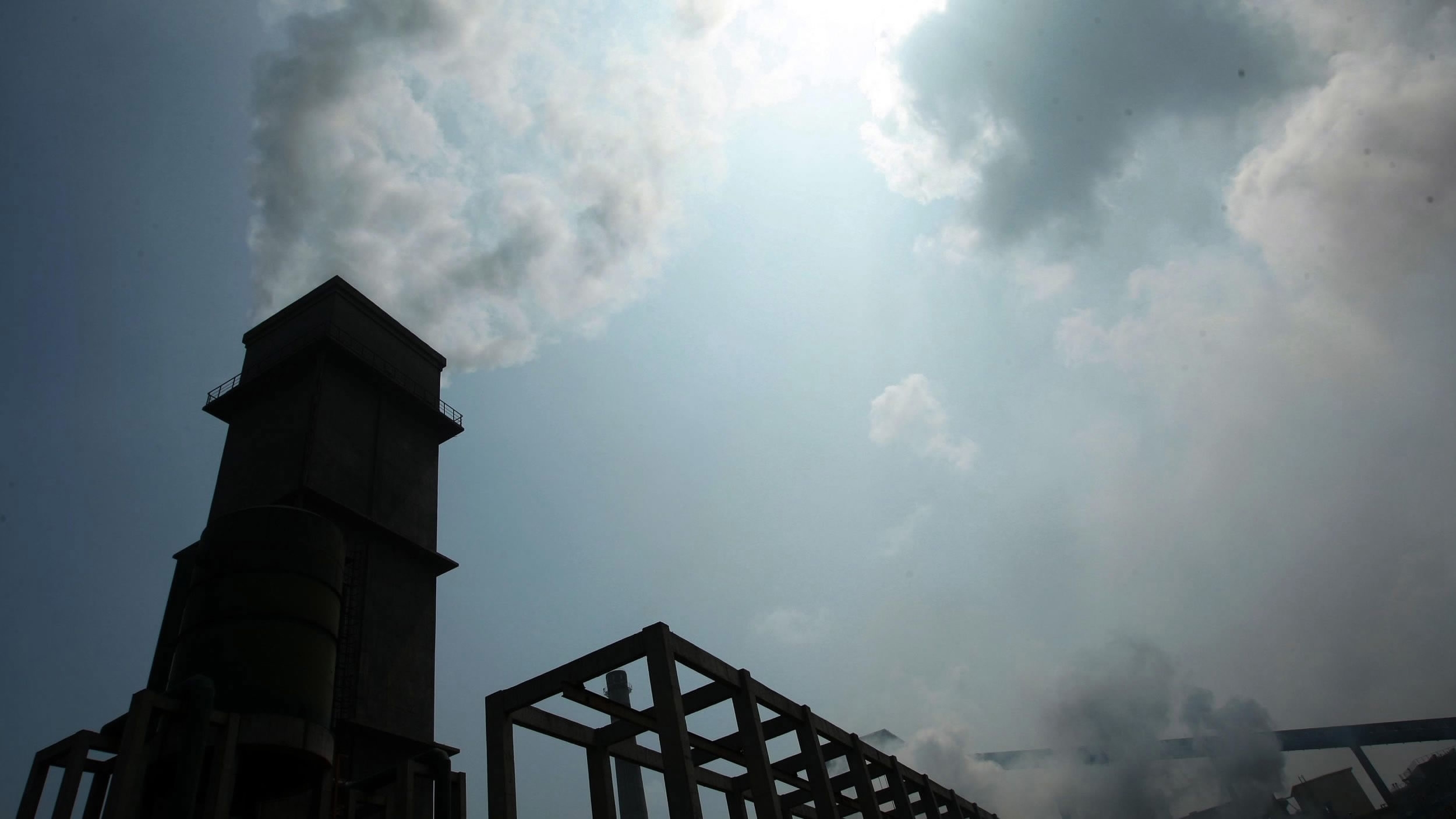
Business
14:33, 01-Jan-2018
China’s first environment tax law goes into effect
By CGTN's Yang Jing and Meng Qingsheng

As part of the attempt to fight pollution, China officially replaced the existing pollutant discharge fee system with the country’s first environment protection tax law on Monday.
The new law targets enterprises and public institutions that discharge listed pollutants directly into the environment.
Companies will pay taxes for producing noise, air and water pollutants, as well as solid waste.
Companies will have to pay for any pollutants discharged, no matter over or under the limit, Bie Tao, an official from the Ministry of Environmental Protection, told CGTN.
But there are concerns that some companies would fail to meet the criteria.
“If they pay more taxes they will raise product prices. And that would affect their market shares and sales performances," Professor Song Guojun from Renmin University of China told CGTN.
The tax rates range from 1.2 yuan (0.18 US dollars) to 12 yuan (1.84 US dollars) per unit of atmospheric pollution, 1.4 yuan (0.22 US dollars) to 14 yuan (2.15 US dollars) per unit of water pollution, 5 yuan (0.77 US dollars) per ton of coal waste and 1,000 yuan (153.7 US dollars) per ton of “hazardous waste."
Industrial noise polluters will also be levied 350 yuan (53.8 US dollars) per month if they exceed limits by 1-3 decibels, 700 yuan (107.6 US dollars) for 4-6 decibels and 11,200 yuan (1,721 US dollars) per month for 16 decibels and more.
Provincial-level governments can decide the tax rates in the range given by the law based on the local situation.
China has collected a "pollutant discharge fee" since 1979, however, some local governments exploit loopholes and exempt enterprises which are otherwise big contributors to fiscal revenue.
Now such interference from local governments will be reduced since any tax reduction and exemption has to go through strict approval procedures and be documented.
Tackling pollution has been listed as one of "the three tough battles" that China aims to win in the next three years, according to the Central Economic Work Conference that concluded in December.
Official data from January to November 2017, China investigated over 35,600 violations of environmental protection laws and regulations, up more than 102 percent from 2016.
(With inputs from Xinhua)

SITEMAP
Copyright © 2018 CGTN. Beijing ICP prepared NO.16065310-3
Copyright © 2018 CGTN. Beijing ICP prepared NO.16065310-3